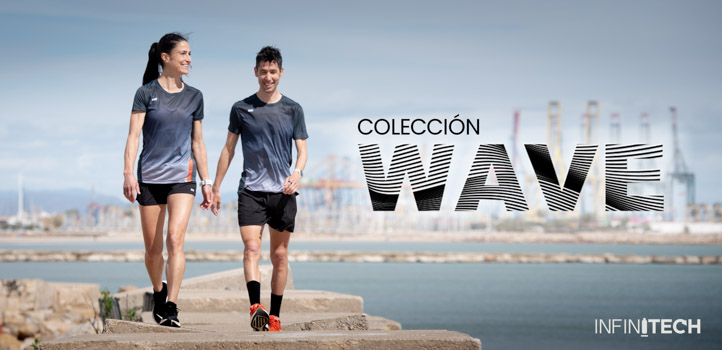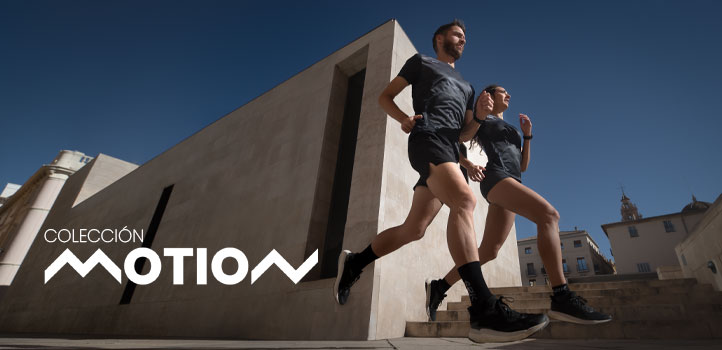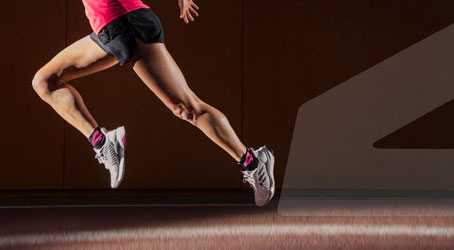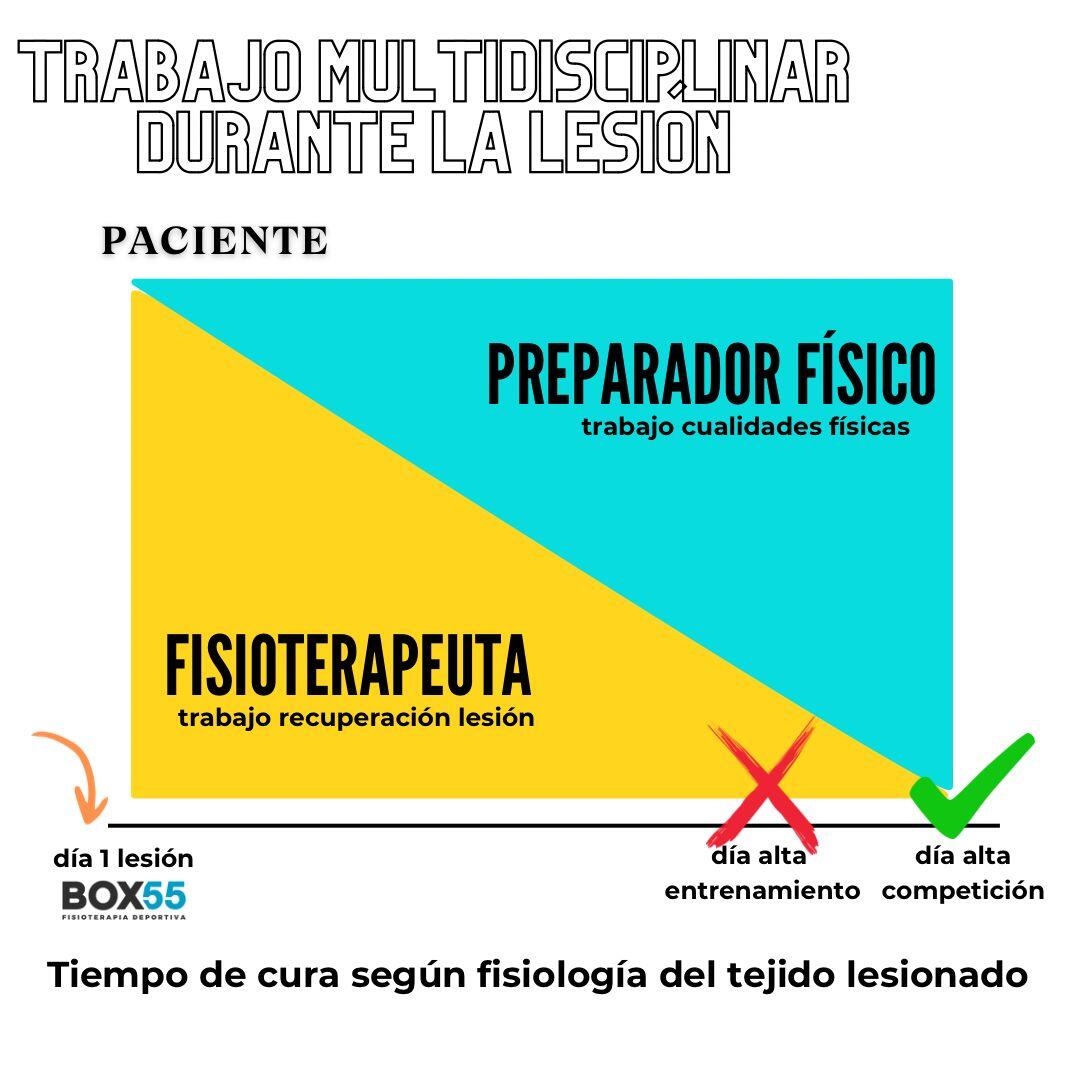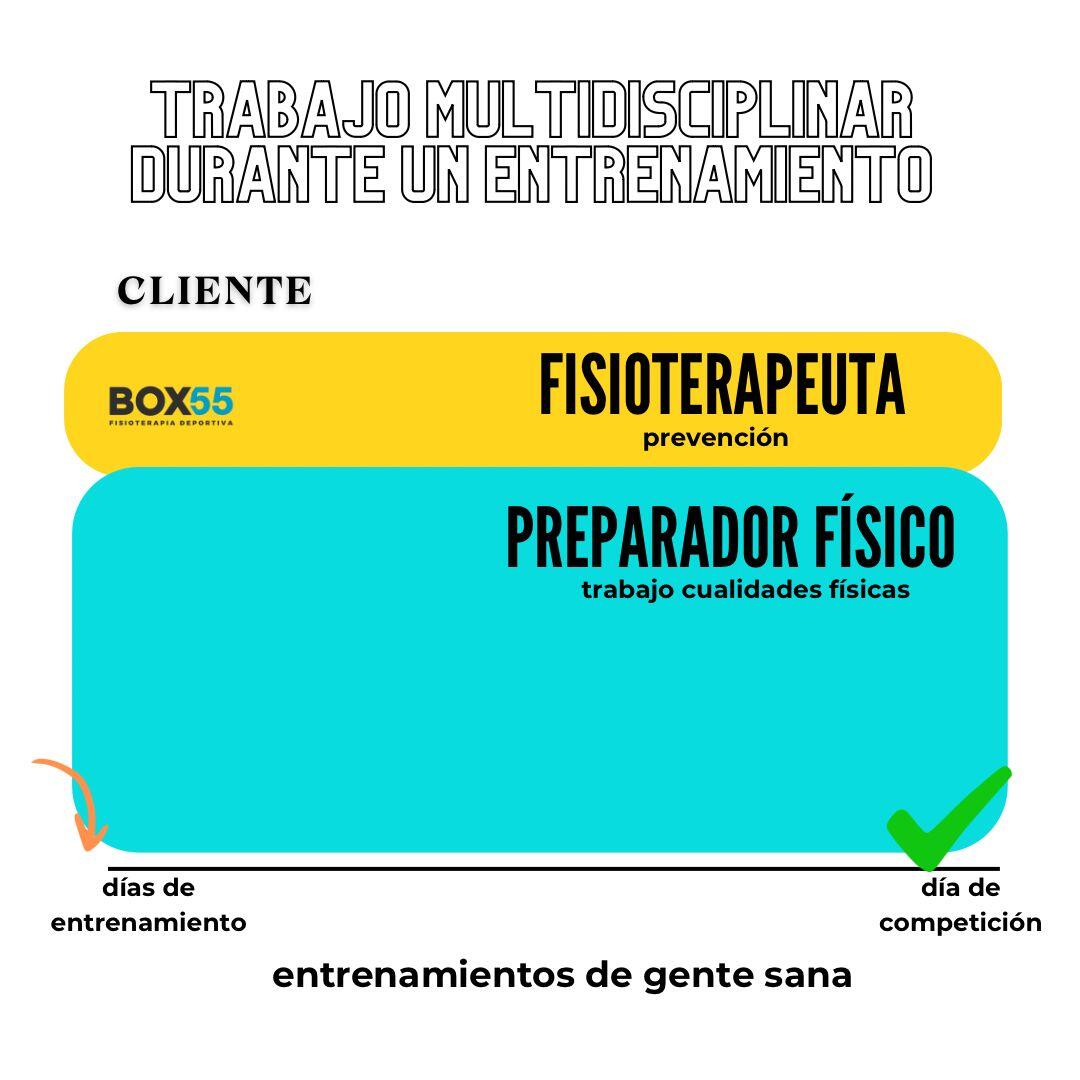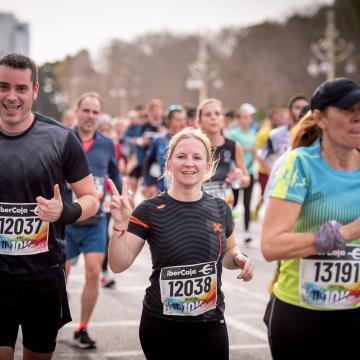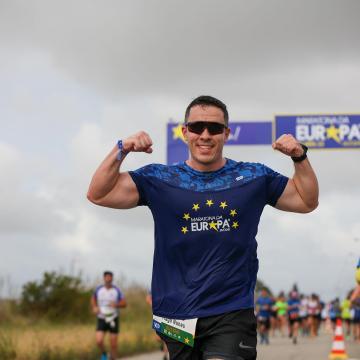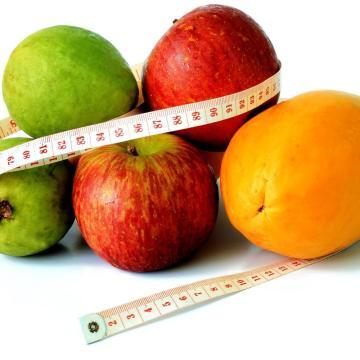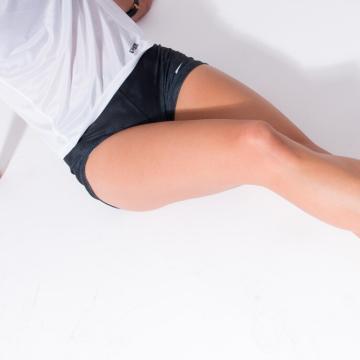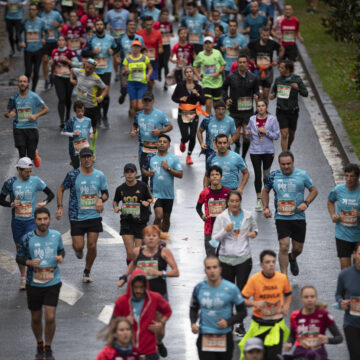Subscribe to our newsletter to find out about all the news and promotions, and automatically receive a welcome discount coupon in your email.
product -> Bandana running multifunction 42K EVAN Forest
- Bandana running multifunction EVAN Forest.
- Neck Gaiter elastic microfiber of great softness.
- Multiple possibilities of use.
- Made with Recycled material.
- Digital sublimation design.
- Ideal temperature range: 0º - 15º.
- Bandana running multifunction EVAN Artic.
- Neck Gaiter elastic microfiber of great softness.
- Multiple possibilities of use.
- Made with Recycled material.
- Digital sublimation design.
- Ideal temperature range: 0º - 15º.
The 10k has become the popular test par excellence and for many people who are starting out in the running It is the first great competitive challenge in which to defend a number. In this article we are going to offer you tips to prepare for a 10k.
The 10k is a distance that more and more popular runners dare to do every day. The 'boom' of running In the last decade it has meant that many tests of this distance have been born and that almost all cities or towns of a certain entity have their ten thousand meter race.
In many 10k events (it also occurs in distances such as the 15k, the half marathon or the marathon) it is possible to find people who face the distance for the first time without adequate preparation to complete the test within the time allowed by the organization; The problem, however, is not arriving outside the time limit but rather subjecting the body to an effort for which it is not sufficiently prepared.
We have turned to the specialist Marcos Greus, high-performance trainer and coach in endurance sports, to ask for advice for someone who wants to prepare for a 10k (their first 10k) and do it in a sensible way and with the peace of mind of having the necessary preparation to face the challenge.
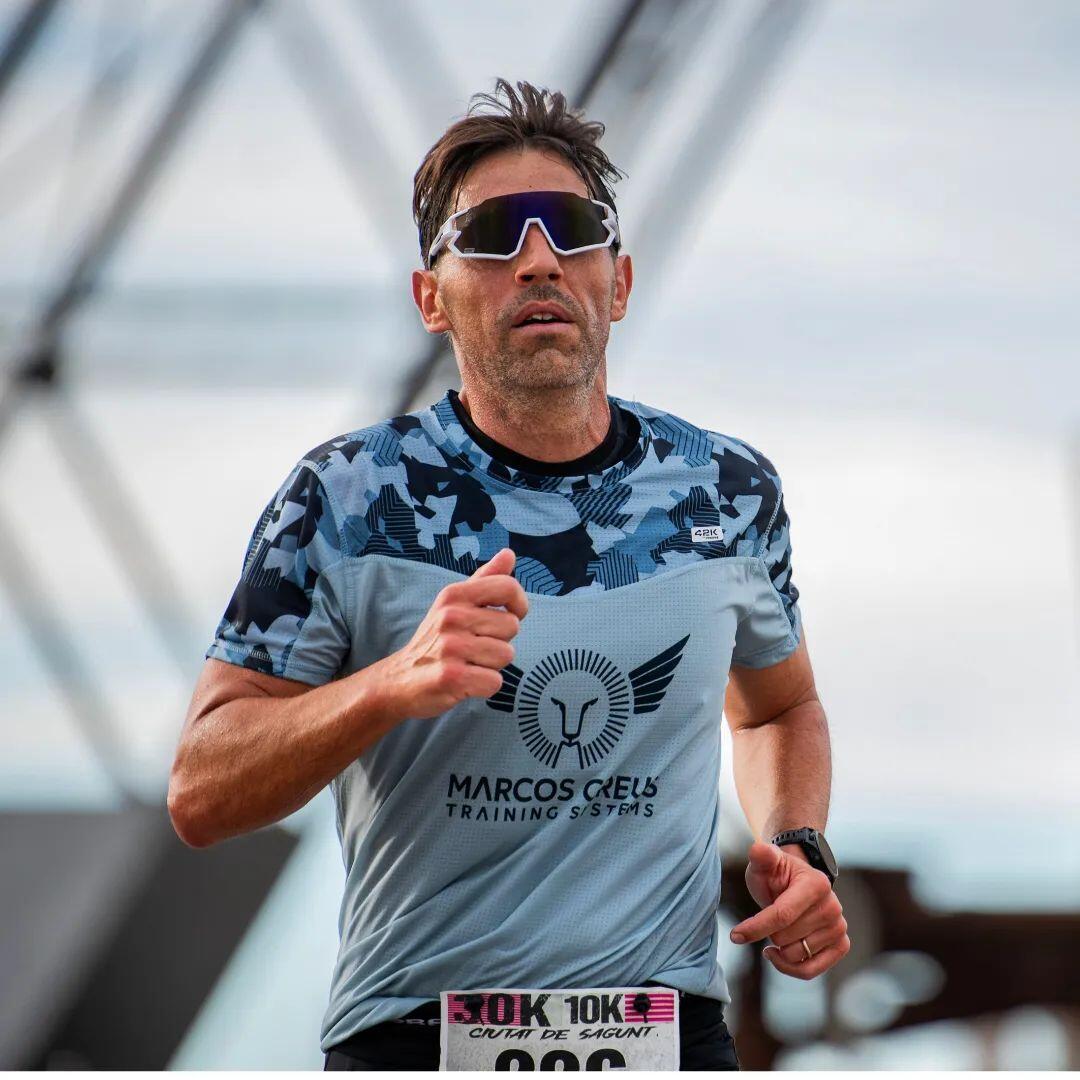
We have asked you a series of questions, taking as a starting point the situation of a popular runner who is already able to endure 30/40 minutes of continuous running, who goes out running 3 days a week and who is willing to increase your training time (plus time per shoot and adding a fourth day of training).
Preparing for a 10k requires being in shape
Preparing for a 10k is usually the first big sporting challenge for many people who get into running. runningIs it really a distance suitable for anyone?
Many people start running for health reasons, to feel well, to reach or maintain an adequate weight... As long as there is no medical contraindication, it is a good decision to start running, but running is a demanding physical activity that requires minimal preparation to avoid scares or problems; I always say that You have to be in shape to start running and not run to be in shape..
When you start running it is very important to be sure that you are in physical shape that guarantees that you are not at risk of injury.
It is more common than we think to find people who start running after a long time of total inactivity, who are overweight (with the risk that this can pose for the joints), without muscle tone and without having a prior medical check-up. And at the height of absurdity there are also cases of people who dare to run starting with popular races, which is a blunder and recklessness.
The boom of running that has been experienced in recent years has meant that many people sign up for races without adequate preparation and in some cases even without having barely run before. I have known cases of people who have signed up for races right away because they said that they found a stimulus to train and motivate themselves to run.
Prepare a 10k requires being in shape as a first requirement and, furthermore, committing to carrying out preparation work that is demanding because we are faced with a distance that seems very affordable (and really is with the right preparation) but that is not within everyone's reach because it involves running for around an hour uninterruptedly. ; It's one thing to run 20-25 minutes and quite another to run 60 minutes continuously..
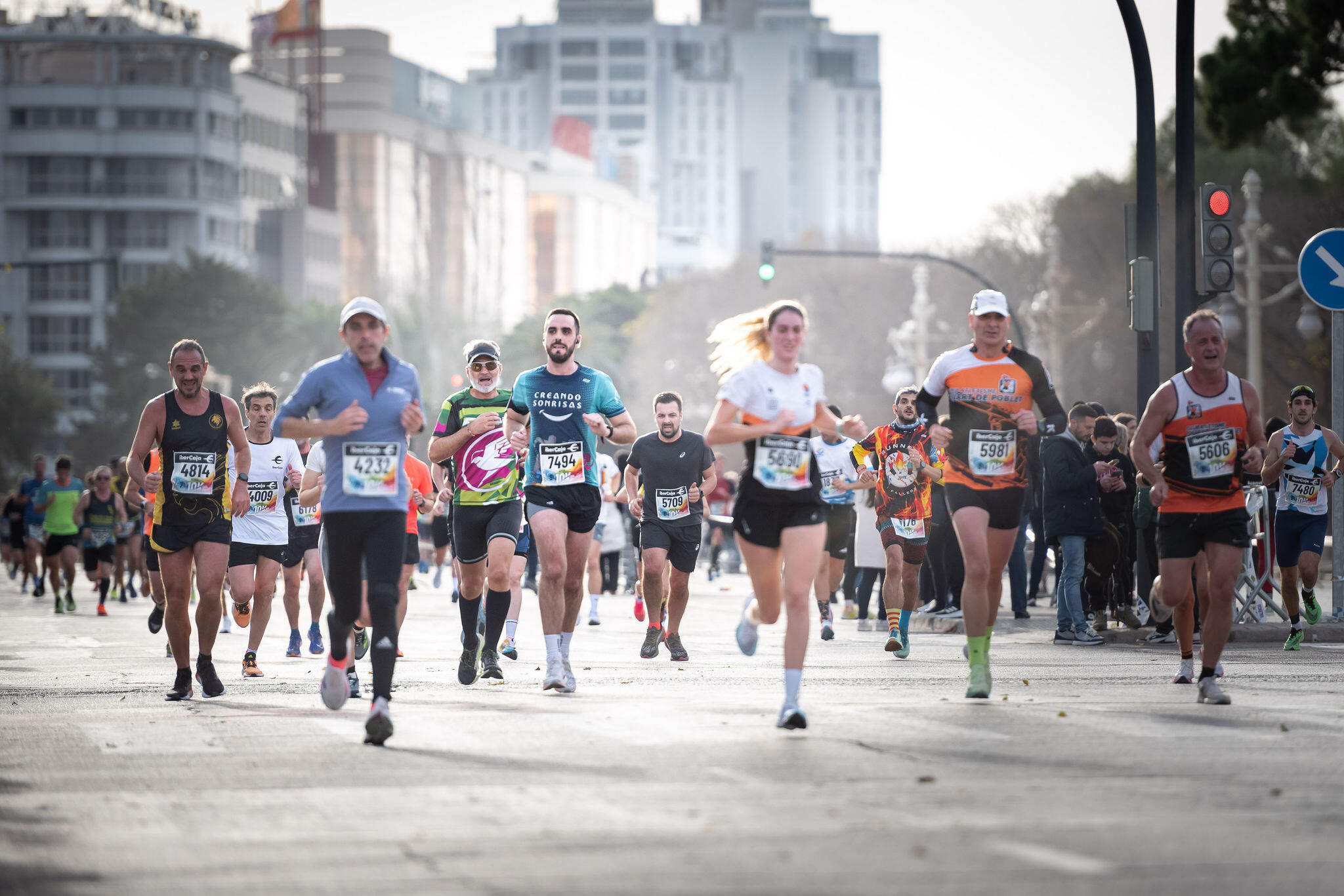
How long is it advisable to have been running to consider running a 10k with guarantees of finishing it correctly and without problems or taking risks?
In general, my recommendation for anyone would be to face the challenge of preparing for a 10k when you are really sure that you can do it. run between 10 and 12 kilometers with solvency. What do I mean by “solvency”? Well, the cardiorespiratory system, the muscular system and the bone and ligamentous system are capable of supporting 10 kilometers at an easy pace; At that moment and not before is when you should think about tackling a 10k.
Many people go for their first 10k without having gone beyond 7 or 8 kilometers and, fortunately, nothing happens to the majority, but it is a distance in which there are risks that can cause discomfort or even injuries that could be avoided with a little more preparation, perseverance and, above all, patience. In recent years impatience has prevailed in the running popular; Fear and respect for distances have been lost, which is something that seems worrying to me.
When you can run 10 kilometers reliably at an easy pace, it is time to slightly increase the intensity and volume of training kilometers to face a 10k.
And why increase intensity and volume in training? Well, because in a race, inevitably, you will run at a faster pace than in training; When you put on your number it is normal to want to give your best and the body has to be prepared to run at a higher intensity.
Therefore, the sequence of steps to follow before facing the first 10k would be...
First step: Be able to run 10 kilometers with ease at an easy pace.
Second step: When you are already able to run 45-50 minutes three times a week with ease, it would be a good time to think about running a short race, 5 or 7 kilometers, to have a first contact with the competition before making your debut in 10k.
Third step: Increase the intensity and volume of kilometers to prepare the body for the highest intensity that we will demand of it on race day. How to increase the intensity? With short fartleks, such as 10 one-minute changes of pace with breaks (light jogging, without stopping) of 2 minutes. How to increase the volume? Running at a calm pace 12/13 kilometers.
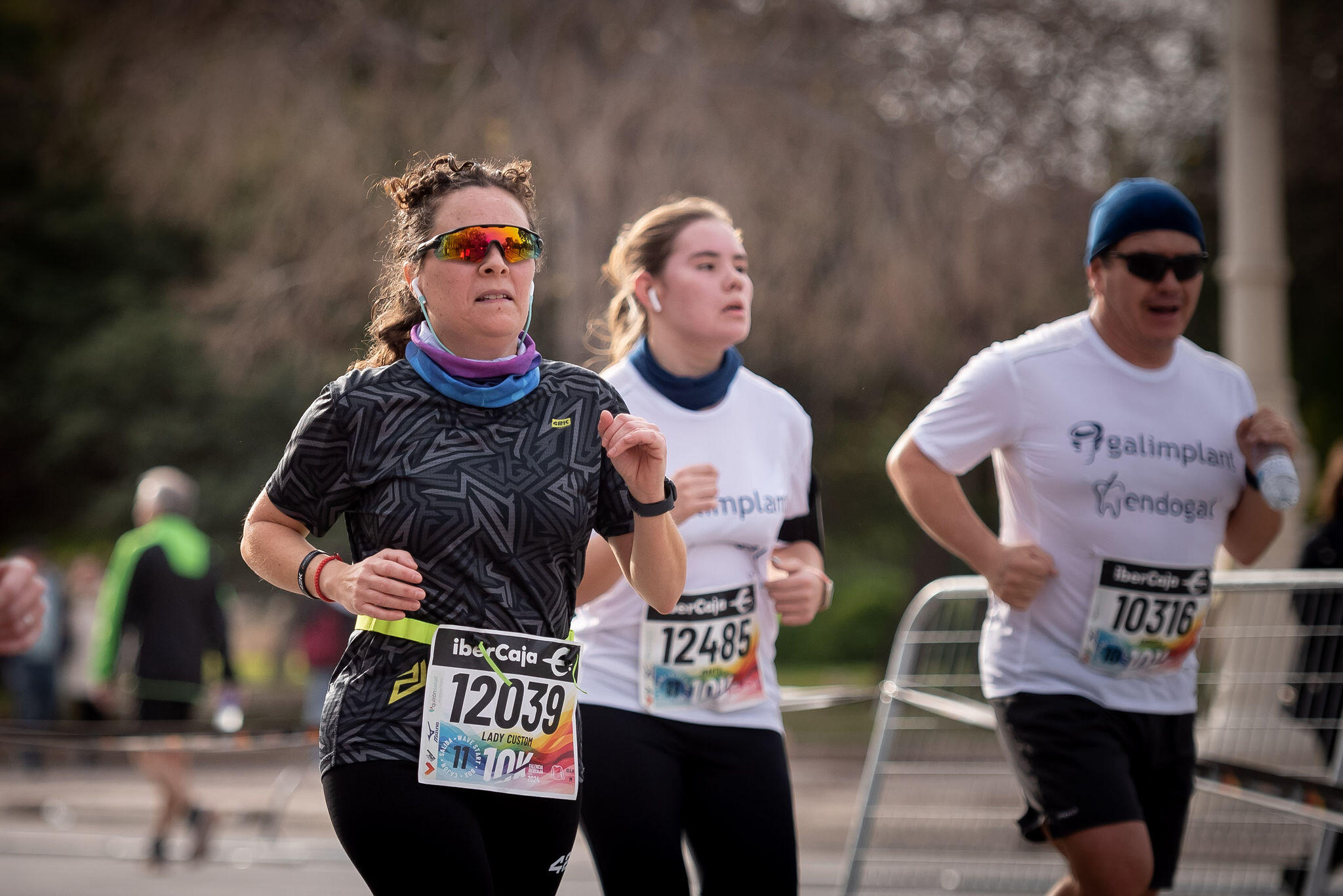
10-12 weeks of specific preparation to prepare for a 10k
How long before the test would it be advisable to start training to adequately prepare for a 10k?
It depends on the starting state of each person; Starting to run from scratch is not the same for a sedentary person as it is for an active person who exercises or practices other sports regularly.
The starting state of each person will be decisive in establishing what type of training, how many days of training and what the appropriate planning should be to aspire to run a race safely and without risk of injury or health problems. .
At this point I want to claim the importance of a professional in Physical Activity and Sports Sciences being the one who determines what the optimal planning is and is also the one who guides the path of preparation; Only a physical preparation professional will be able to objectively determine what a person's starting physical state is and, therefore, what is the most appropriate preparation to face the challenge of preparing for a 10k.
In the case of an active person (not sedentary), who performs physical activity with some regularity and who does not have any physical limitations or medical contraindications, the normal period to prepare for a 10k would be 10-12 weeks of training running 3 times a week and doing at least one day of strength training.
What is essential from the point of view of a physical trainer before starting to prepare for a 10K?
Determine very well what the person's starting point of fitness is. Something very important for me is to make a anamnesis Sports, that is, an analysis of the medical history and personal and family history to be able to adjust the training loads as much as possible to the reality and circumstances of that person.
As I have pointed out before, starting to train a person who is coming from a period of inactivity (whether due to injury or disconnection from sport) or a sedentary lifestyle is not the same as starting to train someone who already does some sporting activity and who, therefore, already has muscle toning or adaptation to start with specific training focused on running.
It is essential to determine the starting point and carefully examine what is in the 'toolbox' of the person who wants to prepare a sporting goal.
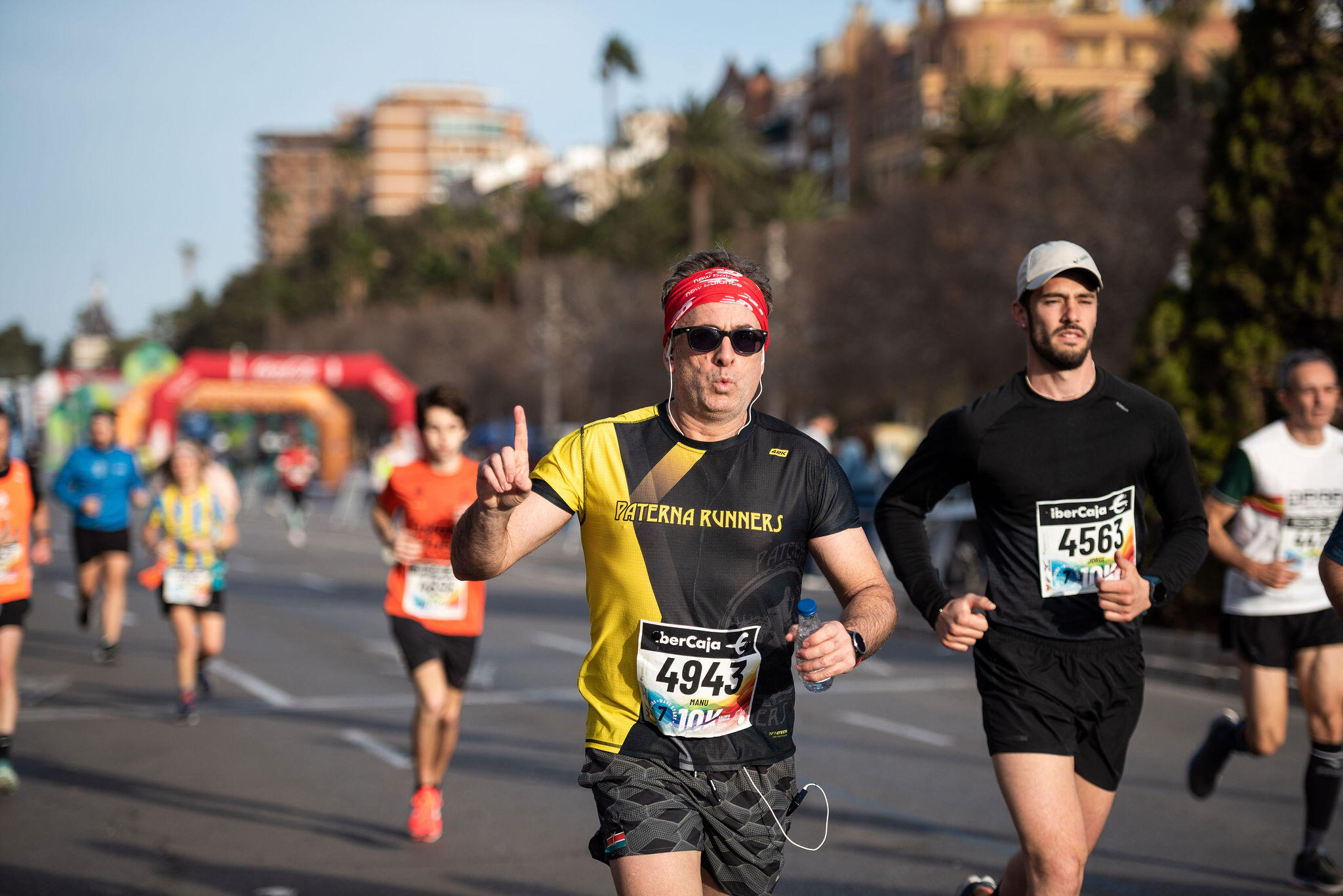
What do I mean by what's inside 'the toolbox'? I'm going to explain it with an example: person and a half on Saturday and Sunday; In person X's toolbox there is also the possibility of going to a gym for one or two days or doing a day of pool training...
With all that information, with everything I know is in person X's toolbox, I can design and build the most efficient training possible to address the sporting goal. That is why I say that for me the initial history of the person/athlete is essential to be able to properly adjust training days and workloads.
Yes, you have to train strength to prepare for a 10k
Is it important to incorporate strength training into preparation to debut in a 10K?
Absolutely yes. Strength is the basis of any physical preparation and it is important to prepare for a 10k. For someone who wants to face a 10k for the first time with the aim of finishing it with solvency but without pretensions of making a mark, specific work in the gym or with weights is not necessary, but a self loading work; This work could be with tires, TRX, on stairs, on slopes...
Strength work is necessary because it will allow train more, better assimilate training loads y reduce the risk of injury. And why do I say that it will allow you to train more? Well, because by doing strength work you can be more consistent in training and in the end the key in any endurance sport is perseverance and patience. The person who is constant, who does not skip or miss workouts, is the one who progresses.
In a 10k you take between 8.000 and 9.000 steps, which means supporting your body weight multiplied by 4 each time you step on the ground; If at the bone, muscle, tendon and ligament level you are not strong enough and prepared to withstand this enormous volume of impacts, discomfort and injuries may appear, and it will be of no use to wear very expensive shoes.
The most common mistake when debuting in a 10k: not keeping pace
What mistakes should you try to avoid when running a 10k for the first time?
The most common mistake of the beginner is usually getting carried away by the emotion of the race and not keeping track of the pace.
Act quickly. avoid going out at inappropriate paces because you end up paying for that after kilometer 7. You have to plan your pace from the start and run with a cool head at all times, but especially in the first kilometers.
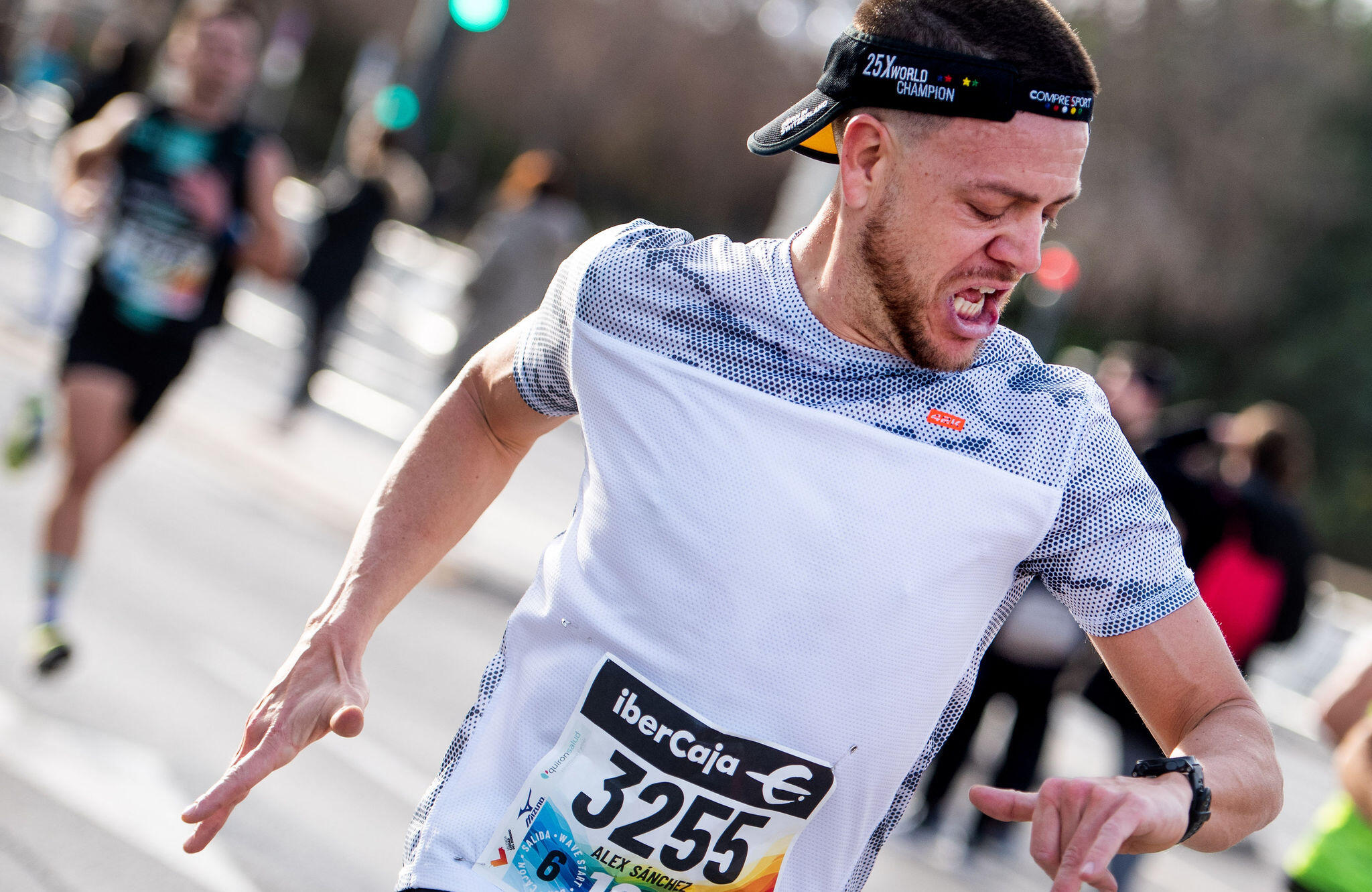
I always tell beginners in any distance, be it a 10k or a half marathon or a marathon, that you have to run at the rhythms or pulses that have been trained and assimilated. You should not overestimate yourself in the first kilometers no matter how good the sensations are; That feeling of believing that the bib number is going to give you that extra performance to run faster throughout the entire route is very treacherous.
Another indication that I always give to the runners I train is that the day before and the day of the race There is no need to do anything that has not been previously trained..
There is no need to do “experiments”. And on race day you don't have a different breakfast, you don't drink more coffee, you don't wear new clothes, much less shoes (which may sound like a joke, but I know of cases), you don't take an energy gel before the race because it's a recommendation from someone with a lot of experience, you don't drink something during the race that you haven't tried before...
On race day you don't have to do anything new; Everything that is done on race day has to be trained and assimilated prior to the race.
What would be important to be clear about before considering putting on a bib in a 10k?
The most important thing is to be clear that you want to run a race. There are many people who end up putting on a bib because of “pressure”. I know of cases of people who sign up because friends or family insist on doing so when they have been running for some time and they do it almost out of obligation.
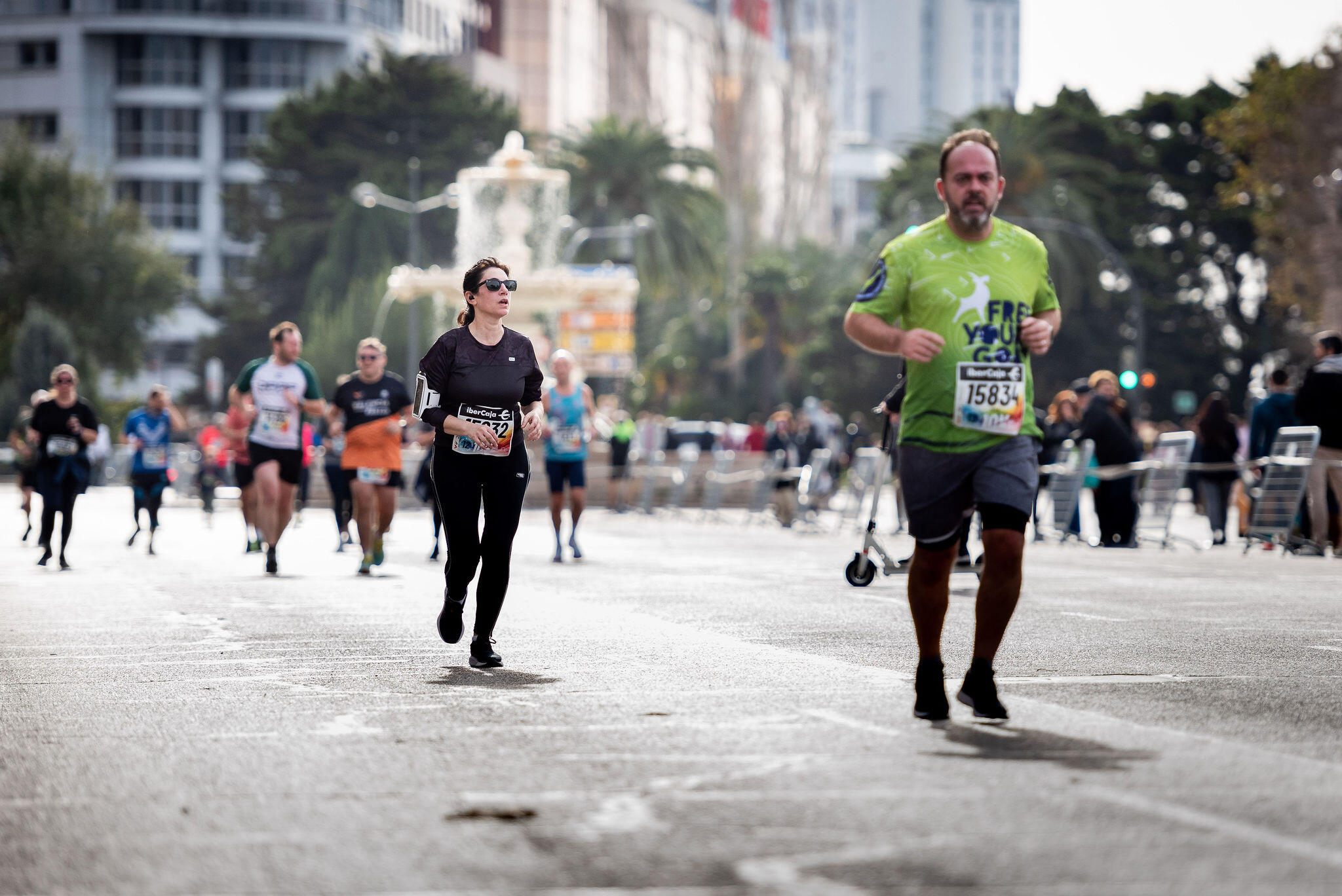
Facing a race, especially for the first time, generates stress that not everyone likes or enjoys. There are many people who like to run for health or for fun or to disconnect and who don't like to compete, and that's okay. Putting on a bib and facing a 10k is something you really have to look forward to. It is absolutely respectable that someone decides to run and has no interest in the competitive aspect.
- training t-shirt RunnersHeart for man/unisex de short sleeve.
- Technical T-shirt with Infini_Tech fabric made with 100% recycled polyester.
- Polyester thread obtained from the recycling of used plastic bottles.
- Very light fabric with micro slots that favor breathability and quick drying.
- Exclusive design en digital sublimation.
- Sublimation guarantees breathability without increasing the weight of the garment.
- Flat seams and anti-scratch printed label.
- Treatment for fast dry “DRY-TEC+”.
- Transmission Anti-friction “SOFT-LIGHT”.
- Treatment for color fixation "DC4".
- Ergonomic front pattern and back panel longer back.
- Seated style sleeve.
- Identification label 100% recycled.
- training t-shirt RunnersHeart for Woman de short sleeve.
- Technical T-shirt with Infini_Tech fabric made with 100% recycled polyester.
- Polyester thread obtained from the recycling of used plastic bottles.
- Very light fabric with micro slots that favor breathability and quick drying.
- Exclusive design en digital sublimation.
- Sublimation guarantees breathability without increasing the weight of the garment.
- Flat seams and anti-scratch printed label.
- Treatment for fast dry “DRY-TEC+”.
- Transmission Anti-friction “SOFT-LIGHT”.
- Treatment for color fixation "DC4".
- Ergonomic front pattern and back panel longer back.
- Seated style sleeve.
- Identification label 100% recycled.
- training t-shirt RunnersHeart for man/unisex de Tank top.
- Technical T-shirt with Infini_Tech fabric made with 100% recycled polyester.
- Polyester thread obtained from the recycling of used plastic bottles.
- Very light fabric with micro slots that favor breathability and quick drying.
- Exclusive design en digital sublimation.
- Sublimation guarantees breathability without increasing the weight of the garment.
- Flat seams and anti-scratch printed label.
- Treatment for fast dry “DRY-TEC+”.
- Transmission Anti-friction “SOFT-LIGHT”.
- Treatment for color fixation "DC4".
- Ergonomic front pattern and back panel longer back.
- Identification label 100% recycled.
- Running shirt RunnersHeart for Woman de Tank top.
- Technical T-shirt with Infini_Tech fabric made with 100% recycled polyester.
- Polyester thread obtained from the recycling of used plastic bottles.
- Very light fabric with micro slots that favor breathability and quick drying.
- Integrated exclusive NEROX in digital sublimation.
- Sublimation guarantees breathability without increasing the weight of the garment.
- Flat seams and anti-scratch printed label.
- Treatment for fast dry “DRY-TEC+”.
- Transmission Anti-friction “SOFT-LIGHT”.
- Treatment for color fixation "DC4".
- Ergonomic front pattern and back panel longer back..
- Identification label 100% recycled.
- TOP running competition for Woman RunnersHeart.
- Sizes from 3XS to XL.
- Knitwear 42K Competition Line.
- Composition: 85% polyester and 15% elastane.
- Great technical garment lightness and breathability.
- Excellent fit and comfort.
- Long above the navel.
- Elastic rubber for greater support in the abdomen area.
- Printed anti-scratch label.
- It is not a compression garment.
- It is recommended to use with a sports bra (if necessary).
- It is recommended not to dry in the sun.
- Technical sweatshirt RunnersHeart.
- Boss unisex.
- Technical garment suitable for temperatures below +5º.
- 1/4 zip with neck flap to prevent friction.
- Zipper with silicone handle with drawstring for use with gloves.
- Reinforced thumbholes that prevent the sleeves from riding up with movement.
- plush fabric breathable.
- Raised collar for thermal protection.
- 96% Polyester + 4% Spandex construction.
- Polyester 220 gr. highly resistant, easy to clean and does not warp.
- Technical polo RunnersHeart.
- 100% polyester.
- Polo collar with placket 2 buttons.
- Cover seams inside the neck.
- Ample sizing for adults and kids.
- Boss differentiated for man and woman.
- Printed anti-scratch label.
- Seated sleeve.
- Shorts unisex de running RunnersHeart.
- Knitwear microlight and fast drying.
- IUT fabric (Interlock Ultralight Technology) 100% polyester compact construction.
- Elastic waistband with drawstring.
- Side openings to facilitate the stride.
- built-in slip For greater support and to avoid chafing.
- Integrated RunnersHeart sublimate.
- Printed anti-scratch label.
- Do not dry clean, do not put in the dryer and do not iron.
Do you want to improve as a runner? Put yourself in the hands of professionals. To achieve sports goals, whether elite or popular, you must seek advice from someone who can really help you with judgment, seriousness and professionalism to improve as a runner in the section of training, preparation, nutrition, injury prevention and recovery... etc.
Internet and social reds have been a infinite amount of information available to anyone who is starting out in sports, information that can be very diverse: training, sports planning, nutrition advice, recommendations for injuries...
In many cases this information comes from serious sources, but has been provided in a generic manner, without taking into account the particular case of a specific person or patient. There is also information that comes from very unreliable sources and that should be ignored because in addition to not helping you improve as a runner, it can cause problems for you.
To improve as a runner you have to seek the right advice
We live in a time in which everyone has access to information at the click of a button and in which it is very fashionable to publish content on social reds about sports, nutrition, training... and, of course, physiotherapy.
Many professionals who have studied and achieved the corresponding degrees that accredit our knowledge and, therefore, the competence to offer quality services and advice to athletes, we witness with astonishment, disbelief, patience and, sometimes, indignation at the absurdity of finding, on a daily basis, on social reds people without qualifications or degrees pontificating on subjects about which they have little knowledge.
Some even profit from their advice, recommendations and advice based on knowledge that they do not prove (probably because they lack the required qualifications). Unfortunately, many of their clients are not aware of the risk they run by putting themselves in the hands of people who advise on training-preparation, injury recovery, nutrition or physiotherapy without training and without qualifications to prove their competence.
I am going to try to clarify which professionals can help you achieve your goals (and therefore improve as a runner) and which false professionals put your health at risk due to lack of preparation, lack of knowledge or desire for prominence.
In my opinion there are two basic rules to start dealing with this topic:
- Practicing a sport does not make you a professional specialist in it.. For example, no matter how good you are at playing soccer, you are not a coach; No matter how good you are at CrossFit, you are not a CrossFit coach; and, logically, no matter how good you are at running and no matter how good a time you have in the marathon or 10K, you are not a sports coach. running/athletics.
- The type articles… «7 definitive exercises to have iron legs» o «training to lose 50' in 10K» o "core training to be a better runner" that you find on the Internet or on social reds are not the ones that are going to be best for you (they may even harm you); They are articles written for other purposes (improve positioning, improve visibility, attract attention, gain followers...) but they are not really designed for you.
My advice is that you look for a true professional who is trained (and qualified, because that is a guarantee of having acquired knowledge), updated and, above all, who has experience in what you are looking for, be it training-preparation, nutrition or physiotherapy. If you really want to improve as a runner, don't put yourself in the hands of people
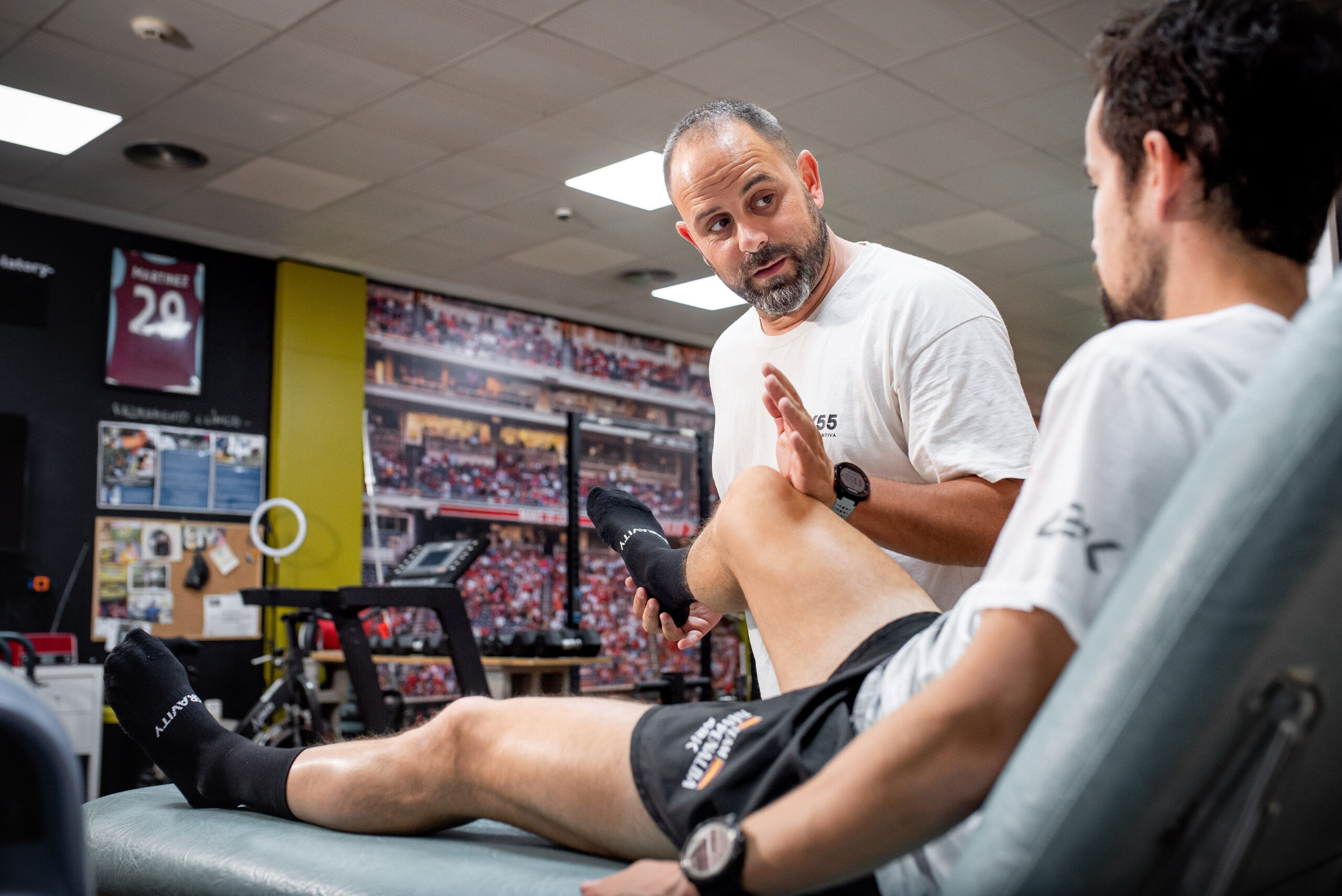
Without health there is no achievable goal
I frequently see people on social media offering information about physiotherapy or injury recovery (which is my professional specialty) without any criteria and, worst of all, without taking into account that giving inappropriate advice can lead to physical problems and even injuries. And injuries, I know from professional experience, destroy people's dreams and sporting aspirations. A phrase that I repeat ad nauseam with my patients and also when I teach classes is "without health there is no achievable goal".
With this article I intend to clarify the role of each of the professionals that you may encounter as a runner in your sporting activity (and to improve as a runner it is very important to be clear about this).
The first thing I want to make clear is that If you have an injury, you should go to a medical professional. to diagnose the injury; From there, I consider it very important to clarify the distribution of roles between physiotherapist, physical trainer and coach:
- Un physiotherapist trabaja so you can train.
- Un physical trainer trabaja so you can compete.
- Un coach trabaja so you can perform.
Are you a patient or client? An important difference
A very important aspect to keep in mind is to know if you are a patient or a client, what difference does it make? Well, very simple: if you are injured or need to prevent injuries In order to train, the professional you should turn to is a physiotherapist, because you are a patient. If you are healthy, you are a client and what you need is a degree in Physical Activity and Sports Sciences.
If you are a patient, you need a physiotherapist
The physiotherapist is the professional who is in charge of improving the injured structure while respecting the tissue healing process; In addition, it works on the sports rehabilitation of the injury or preventing it, based on physiotherapy tests that help ensure that you can train without pain or discomfort to give quality to the training of sports professionals, who are the physical trainers of yesteryear and who Now they are graduates in Physical Activity and Sports Sciences.
A physiotherapist accompanies the athlete when he is injured; and when he is not injured, the physiotherapist can help him prevent with exercises evaluated through functional physiotherapy tests, for example with the Valobando App (you can learn more about what it consists of in the article «The importance of the sports physiotherapist»), generating specific work for the athlete with a health objective, since they are health professionals.
A physiotherapist can make a physiotherapy diagnosis, which, together with a previous medical diagnosis, serves to design recovery work and also serves to avoid relapses.
If you are not injured, you are a 'client' and need a degree in Physical Activity and Sports Sciences
The graduate in Physical Education or currently the Degree in Physical Activity and Sports Sciences is the professional who is in charge of preparing the runner who is healthy (not injured) to compete. If you are not injured, you are not a patient, but a client with a competition goal in mind.
The graduate in Physical Activity and Sports Sciences is the professional who is in charge of, once your physical qualities have been evaluated, preparing you so that you can compete to the maximum and improve as a runner; he is in charge «to look for your best version», which is an expression that is very fashionable now. To improve as a runner, it is essential to have the advice of an expert in physical preparation to be able to get the best out of your physical qualities.
Furthermore, a graduate in Physical Activity and Sports Sciences who is specialized in high performance in endurance sports is the one who can best guide you in planning training to achieve a specific goal.
Now, can a physical trainer readapt an injury? And a second question: can you train a patient with an injury?
The answer to the first question is a resounding NO because it has not been trained for it; Doing so would be a clear example of work intrusion, in addition to putting the 'patient's' health at risk, because a runner who requires rehabilitation due to an injury is a patient and not a client (which is why I previously made the distinction between patient and client).
The answer to the second question is more complicated, but I will try to clarify it: a patient (a runner with an injury) must be supervised by a physiotherapist in the stretcher and readaptation phase to the sport, but is not exempt from working on the physical qualities that your sport requires and that is the part in which the Physical Activity and Sports Sciences technician intervenes, but always under the supervision and tutelage of a physiotherapist.
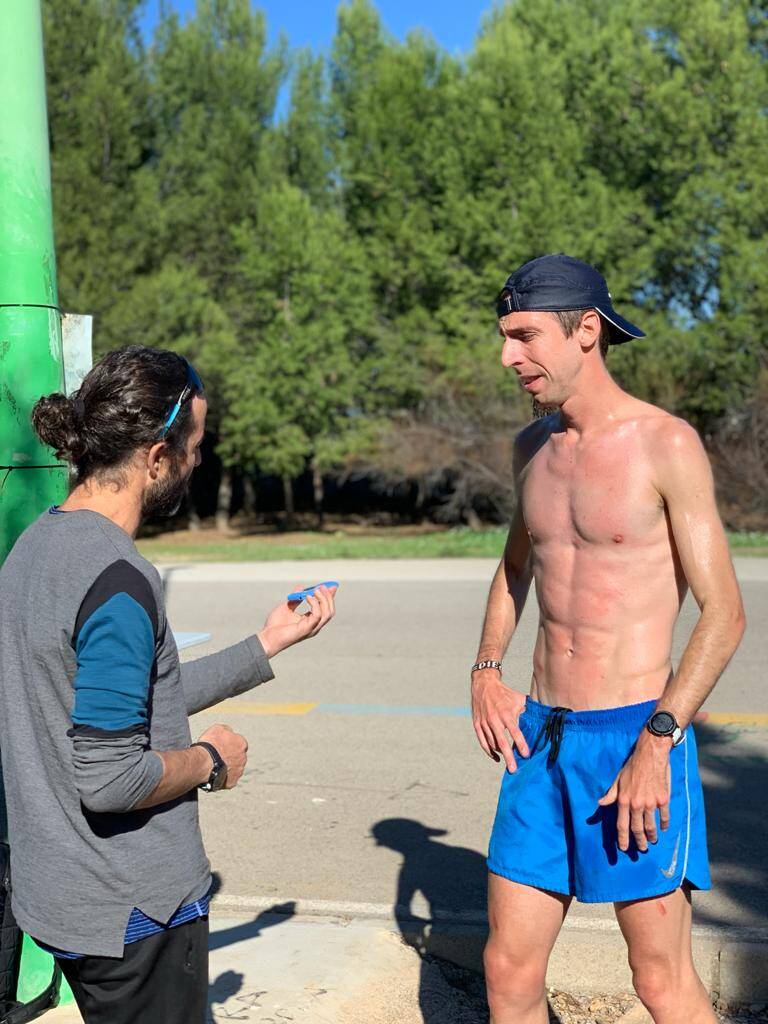
The physiotherapist and the degree in Physical Activity and Sports Sciences go hand in hand in the training and recovery process of an athlete. It is a professional tandem that can really help anyone interested in that goal improve as a runner.
Once the runner has recovered from the injury, the person in charge of directing the training process is the graduate in Physical Activity and Sports Sciences, but the physiotherapist is obliged to generate the correct situation to that the athlete does not get injured and can train to the maximum with his coach.
At this point I would like to talk about other professional profiles (for some of them it would be more appropriate to talk about 'pseudo professionals'), especially because in recent years they have proliferated on social reds giving all kinds of advice to runners (preparation, nutrition, training, injury prevention, injury treatment, health advice...) and, honestly, I think that many of them cannot help you improve as a runner.
- Massage therapist. Person who has studied a course on how to give massages, but cannot treat pathologies because they have a very poor knowledge of anatomy. You have ‘customers’; You can go to it simply to release muscle tension, but not if you have an injury or pathology.
- Chiropractor. The chiropractic It is based on practices and beliefs that are considered pseudoscience. They are dangerous because with little training in anatomy they manipulate vertebral joints and that can pose risks to people's health.
- Monitor. There are two kinds:
- Room Monitor or Personal Trainer. Normally it is a Higher Technician in Physical and Sports Activities (TAFAD), a Vocational Training qualification that is included within the branch of Sports; They train for two years, but logically they do not have the knowledge of a degree in Physical Activity and Sports Sciences. It is a hybrid between the professional who wants to get the most out of you and get you in shape. There are also 3-month courses, it is a course with little training and low quality.
- Monitor of disciplines such as Pilates, yoga, boxing, swimming, paddle tennis, tennis, etc., they are professionals in activities specialized in a method or sport.
- Druid, shaman, brujo, neighbor with powers, friend who reads hands… They are people who help spiritually and really only help those who believe in superstitions.
- Acupuncturist. Person who inserts needles to perform acupuncture treatments; Not to be confused with physiotherapists or doctors trained in traditional Chinese medicine.
- Expert in nothing and everything. This is a dangerous profile: his sporting experience is all his knowledge and he believes that this qualifies him to coach others. Unfortunately, I have had several examples in my clinic of runners injured by following the advice of that friend. "who has been running for many years and has won several popular races", which is why he considers that he can serve as a coach for anyone.
- Youtuber, content creator, influencer… This is a profile that has grown on social reds and that, in my opinion, has every right in the world to generate content as long as it does not delve into professional fields that have to do with health, and for me health It is nutrition, training, physical preparation, injury recovery, physiotherapy...
In conclusion, I believe that health must be taken very seriously. In general, most true professionals are respectful of their areas of action. Specialization is essential to provide health guarantees to athletes. A physiotherapist cannot delve into the terrain, for example, of a podiatrist, in the same way that a traumatologist cannot act as a nutritionist or a physical trainer cannot determine how recovery from an injury should be done.
- short mesh running for Woman RunnersHeart.
- Knitwear 42K Competition Line offering a tight fit.
- Knitwear microlight and fast drying.
- Knitwear 85% polyester and 15% elastane.
- Elastic waist.
- Integrated exclusive NEROX sublimate.
- Printed anti-scratch label.
- Large sizing from 3XS to XL.
- It is not a compression garment.
- Do not dry clean, do not put in the dryer and do not iron.
- short mesh running for man RunnersHeart.
- Knitwear 42K Competition Line offering a tight fit.
- Knitwear microlight and fast drying.
- Knitwear 85% polyester and 15% elastane.
- Elastic waist.
- Integrated exclusive NEROX sublimate.
- Printed anti-scratch label.
- Large sizing for adults and kids.
- It is not a compression garment.
- Do not dry clean, do not put in the dryer and do not iron.
42K · All rights reserved
